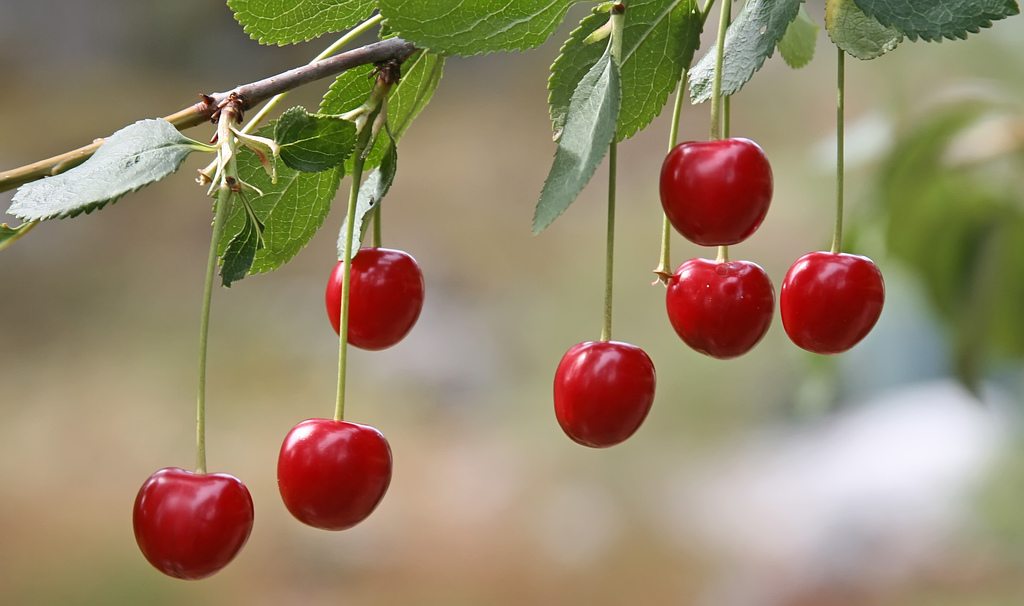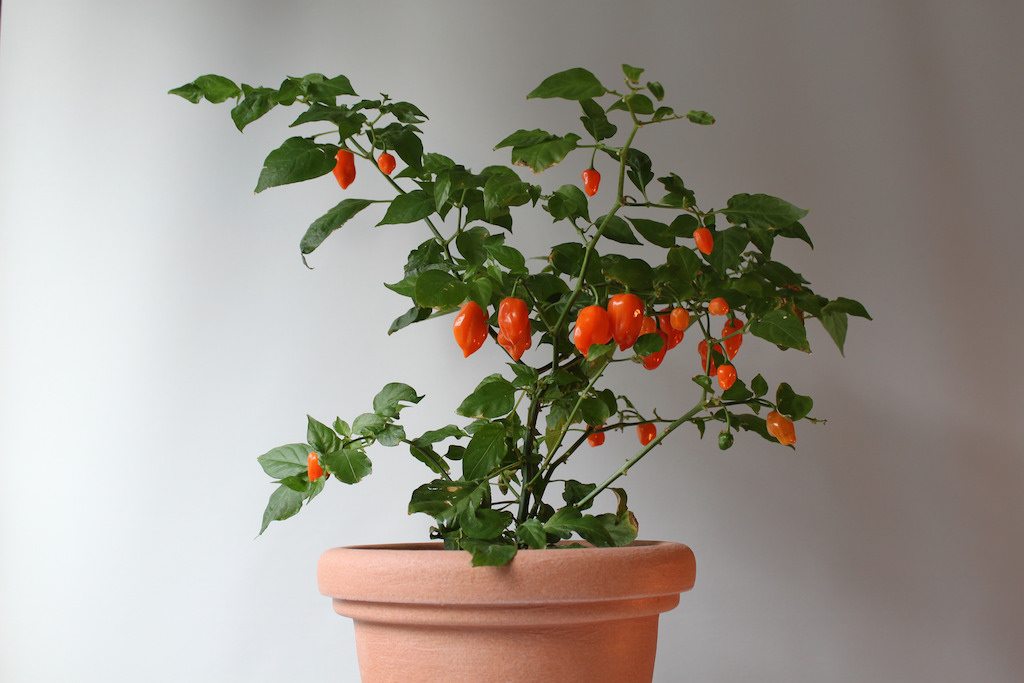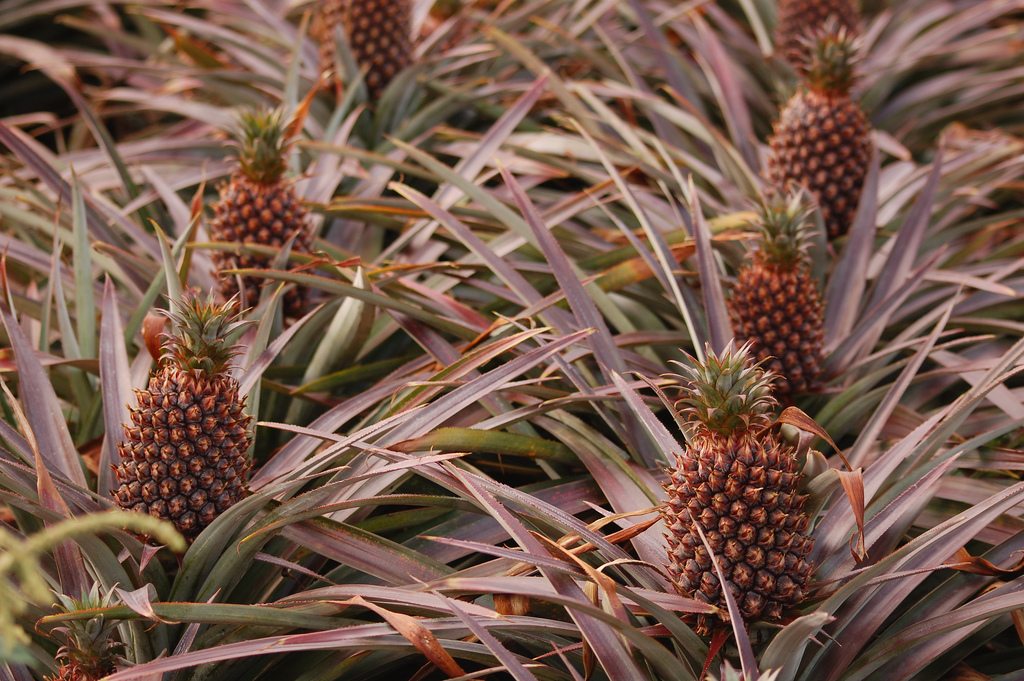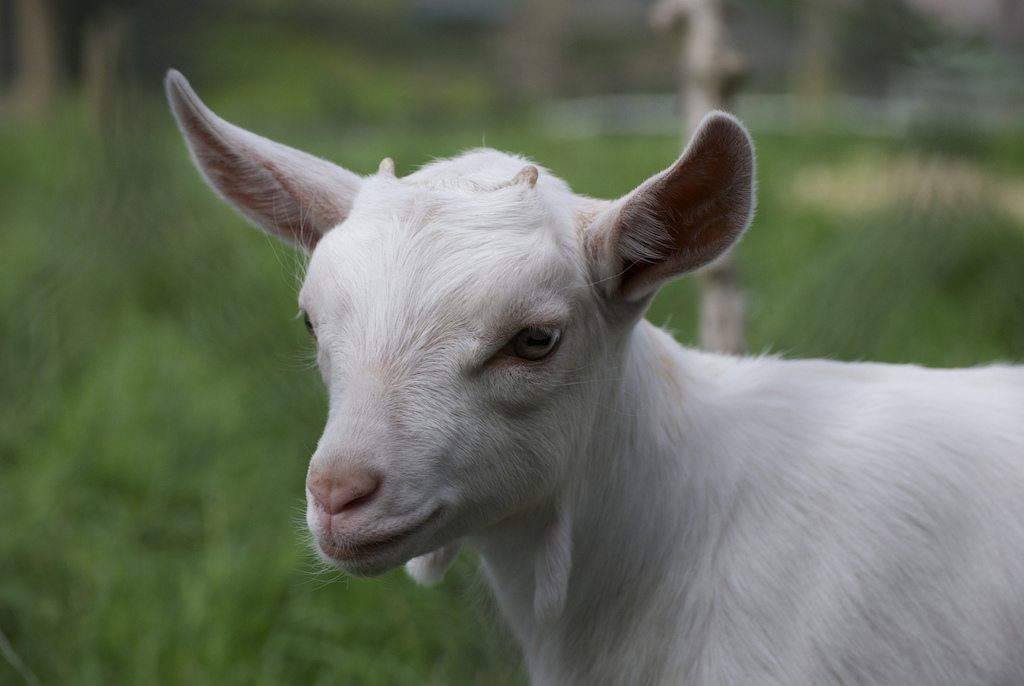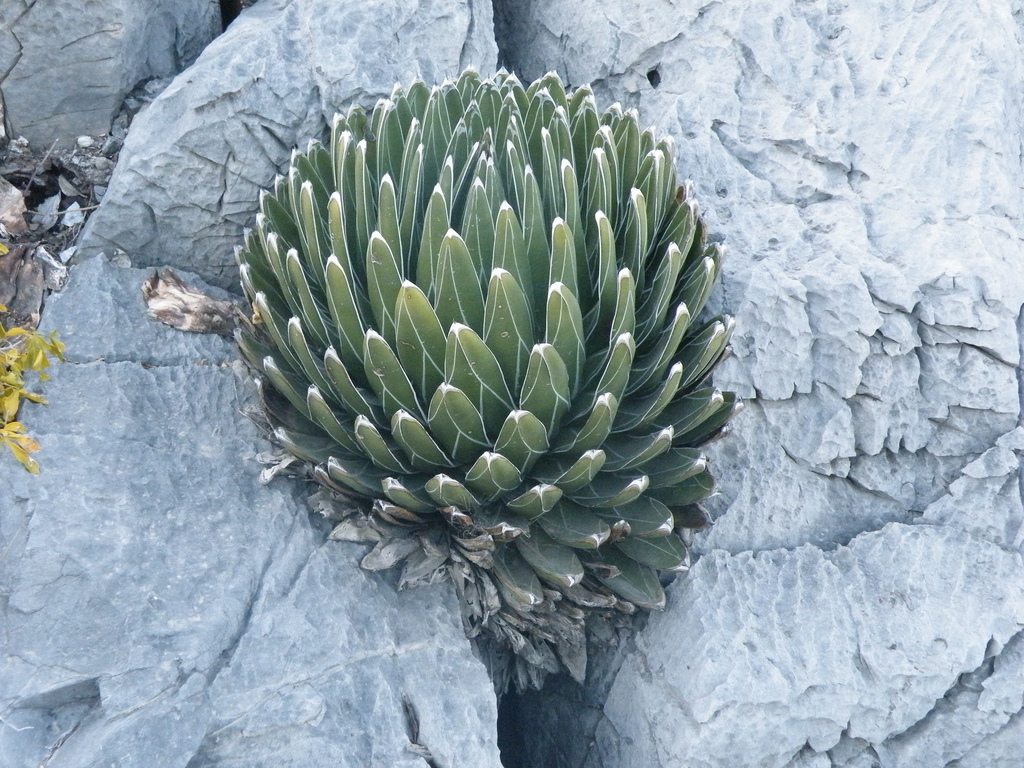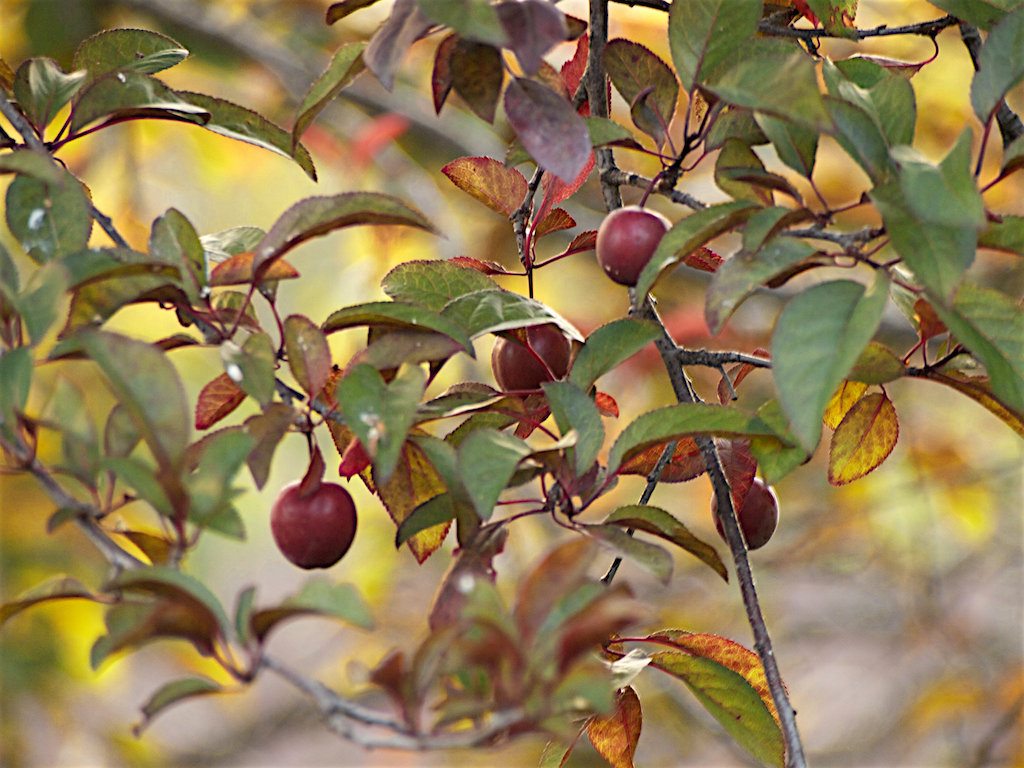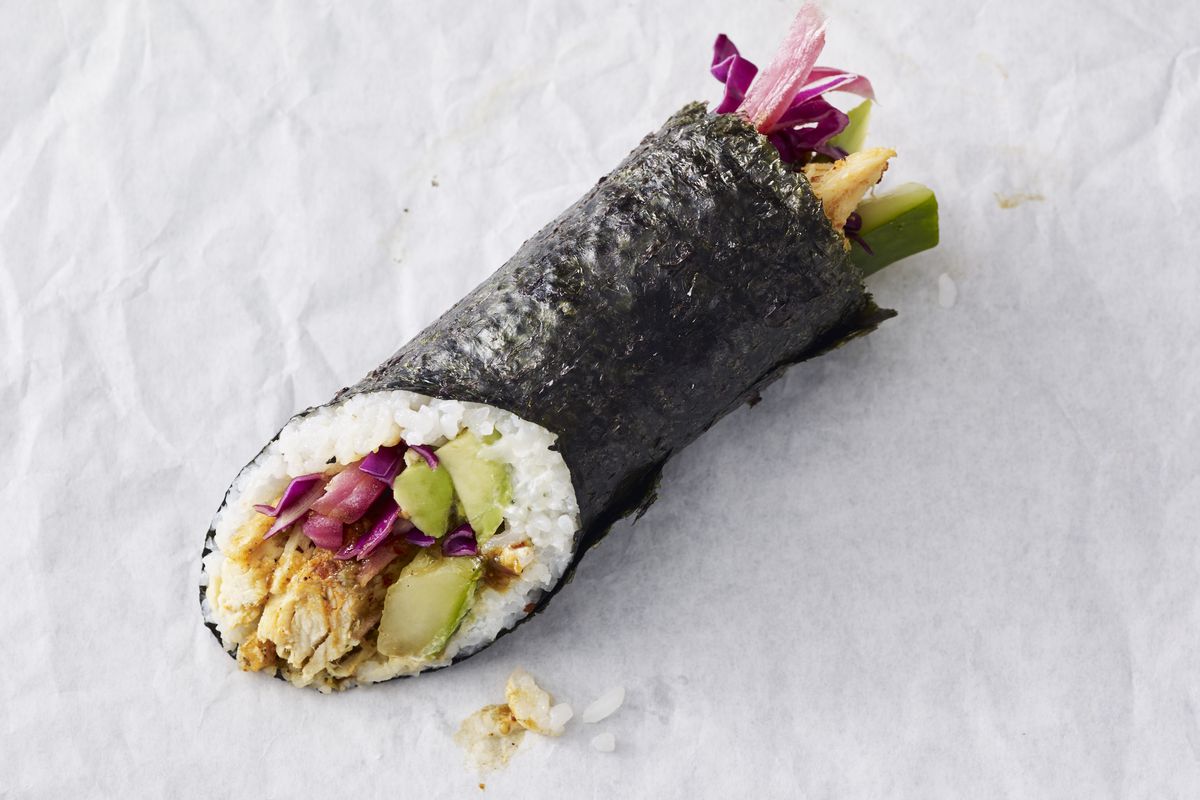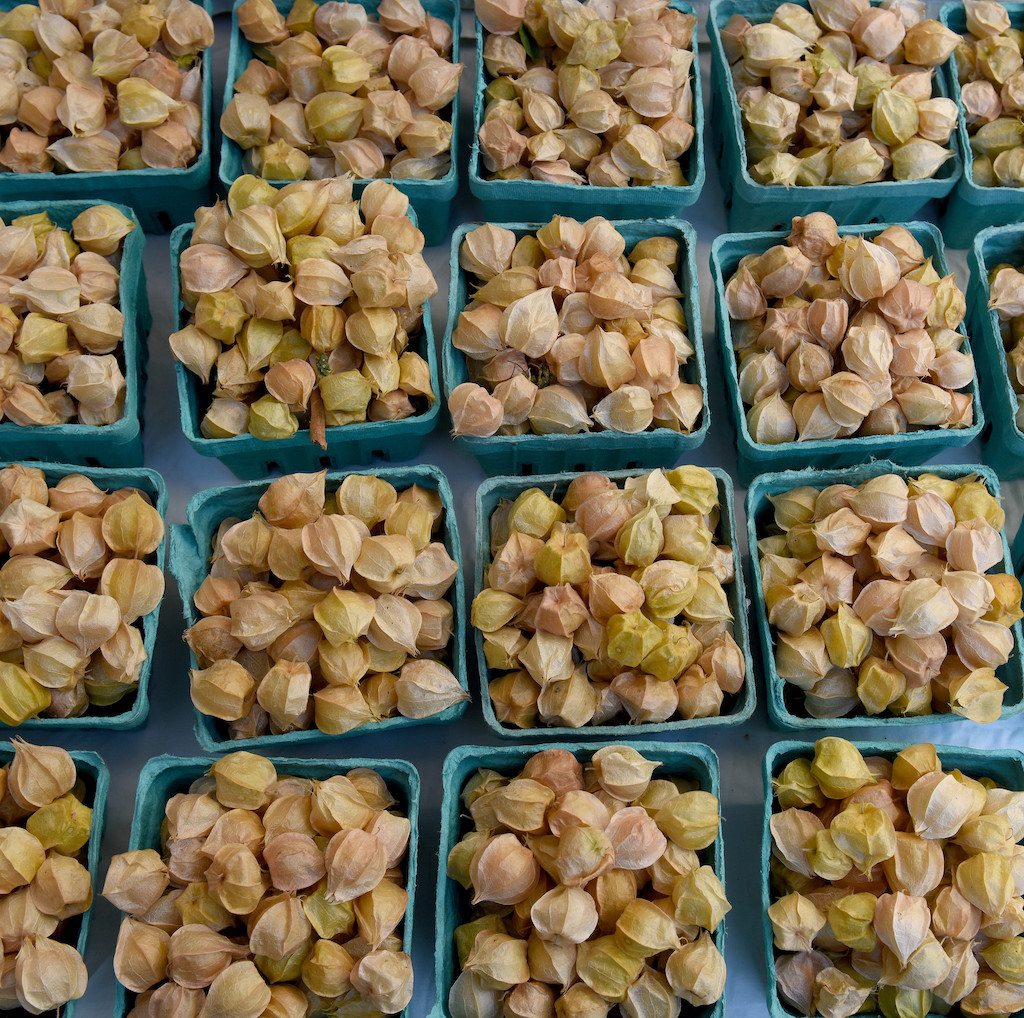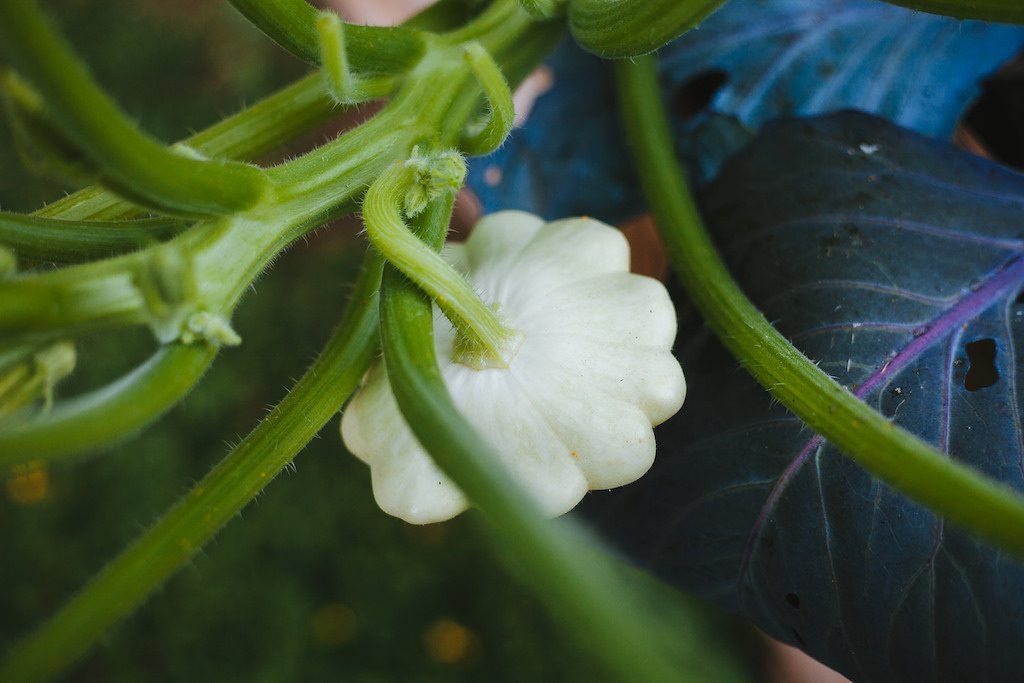Five reasons the Dems’ Better Deal could be a big deal for food
The new platform explicitly addresses corporate consolidation. At least now we’re talking about it.
By Claire Brown | Read more
Sign up—it’s free.
 Karen Gardner
Karen Gardner How Amish produce gets to Whole Foods—without the internet, tractors or phones
Spoiler alert: It involves pens, paper, printouts, and a few trusted go-betweens.
By Karen Gardner | Read more
 It’Sugar
It’Sugar Make America gummy again. Back in November, when no matter what publication you worked for you found yourself having to ponder the possibility that you’d be penning Hill-and-Don-themed listicles forever, a micro-wave of political food art gobbled up our social channels: Trump-as-Cheeto. Clinton composed of mushroom. It was edible levity during a particularly unappetizing time. And it was so delicious.
But six months post-election, presidential provisions are maybe turning into an actual thing. The latest entry? Trump gummies. Made in China, of course. Read more.
—Kate Cox
Will Harris is the owner of White Oak Pastures in Bluffton, Georgia, where he raises grass-fed cattle.
Amazon beefs up. Another day, another sign of Amazon’s ambitious plans to shake up the American food system. Reuters reports that on Wednesday, representatives from the e-commerce giant will meet with a small, influential group of ranchers who specialize in organic and grass-fed beef.
It’s a revealing move, and a tantalizing clue about the kind of company Amazon intends to be—if and when its in-progress acquisition of Whole Foods goes through. Read more.
—Joe Fassler
Farm fraud. Here’s a new one: A fourth-generation Louisiana farmer on Friday was found guilty of creating shell farms so he could benefit from more than $1.6 million in USDA subsidies.
The Monroe, Louisiana-based News-Star reports that 33-year-old Brad A. McIntyre was found guilty of mail fraud and money laundering. He faces up to 50 years in prison and will be sentenced in October. Read more.
—Claire Brown
Just the one-liners
Here’s a fun takedown of another seltzer takedown. We’ll just leave that there.
The Organic Consumers’ Association is going after Ben & Jerry’s now, reporting that it found traces of glyphosate in 10 out of 11 samples of the company’s ice cream. The Times adds that this may be part of a broader campaign to pressure the company to go organic. We wrote last week about another, lesser-known glyphosate controversy—also fueled by the Organic Consumers’ Association—over Nature Valley granola bars, which contain residue at levels more than 250 times what was found in the ice cream samples (before you @ us with a fact-check, make sure to note parts per million vs. parts per billion). Read our story here.
About the papayas: A salmonella outbreak that has sickened 47 people in 12 states and reportedly killed one has been tied to Maradol papayas imported from Mexico, CBS reports. The CDC is recommending that consumers temporarily avoid Maradol papayas from Mexico.
In Australia, a consumer watchdog group has sued to get Heinz Shredz, a toddler food marketed as “99% fruit and veg,” reclassified as a confectionery because of its high sugar content.
Help wanted in the vineyards
The nation’s harsh debate over immigration is reducing the labor supply in America’s vineyards. A drop in production could cost small wine-making communities thousands of jobs and billions of dollars.
By Diana R. Gordon | Read more
 Willy Blackmore
Willy Blackmore How can we have a surplus of “wild” blueberries?
Maine farmers have built a whole industry out of marketing “wild.” Now, they’re struggling to compete and the government is bailing them out to the tune of $10 million.
By Willy Blackmore | Read more





